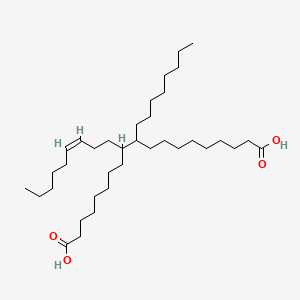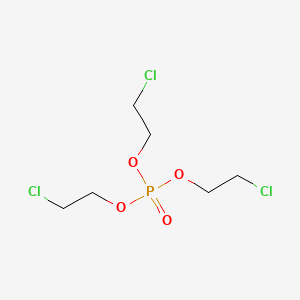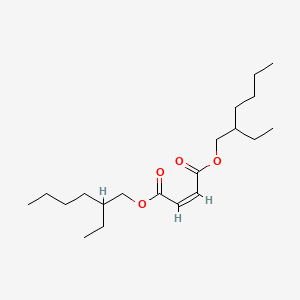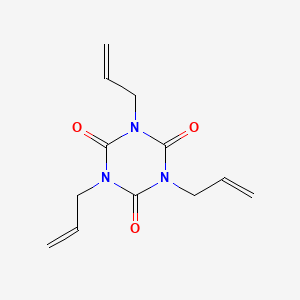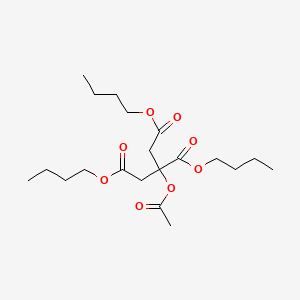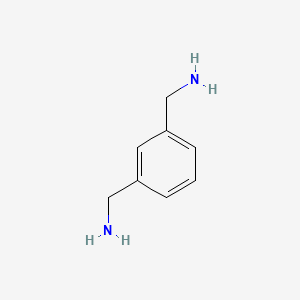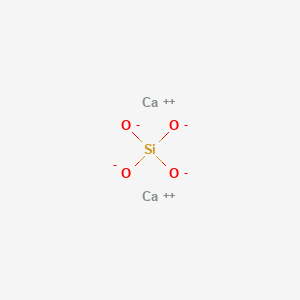Dimer Acid CAS 61788-89-4
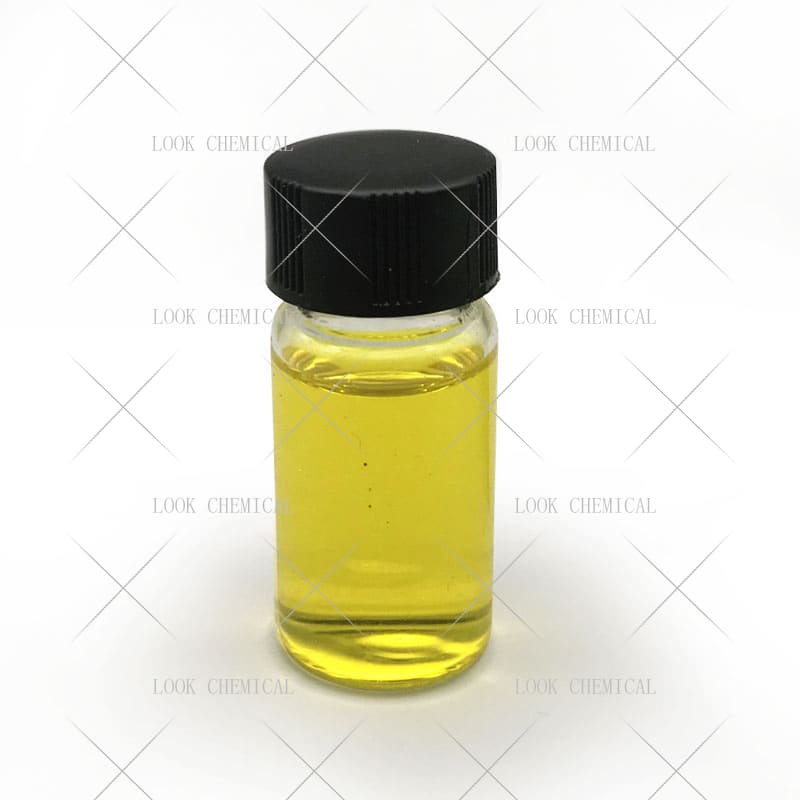
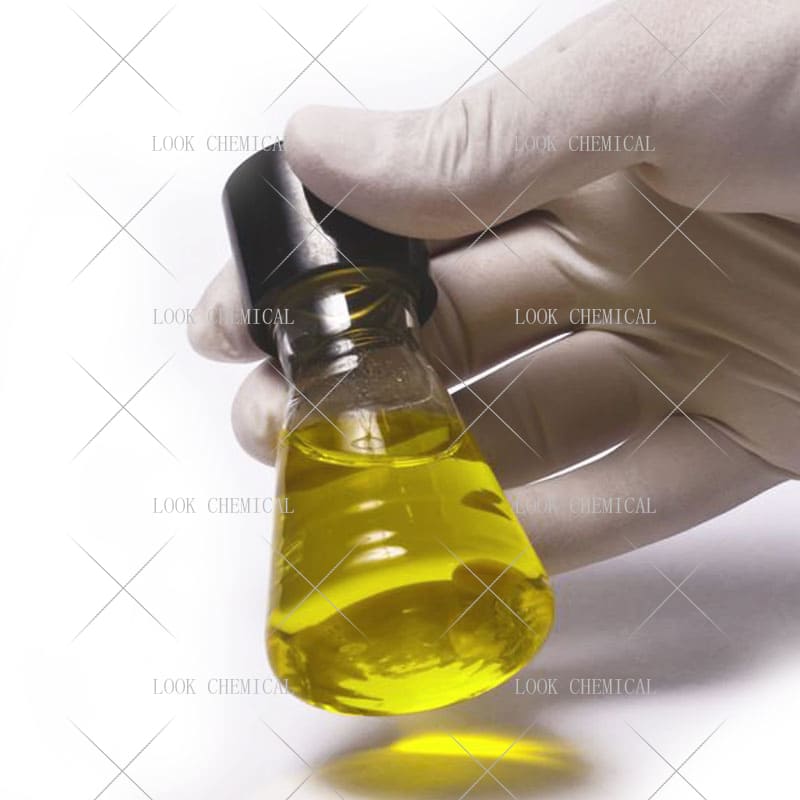
High Quality Dimer Acid CAS 61788-89-4 With Good Service
- Appearance:Liquid
- Purity:99.8%
- Delivery:30days
- Sample Available:Available
- Payment:L/C,T/T,D/P,Paypal,Money Gram,Western Union
- Incoterm: FOB,CFR,CIF,EXW,FCA,CPT,CIP
- Transporta:Ocean, Land,Air, DHL,TNT FedEx
Name: Dimer Acid
CAS: 61788-89-4
MOQ: 1KG
Directory Guidance on Dimer Acid
Chemical Structure
Basic Info:
| Product Name: | C36 Dimer acid |
| Synonyms: | Dimer Acid |
| CAS: | 61788-89-4 |
| MF: | C36H64O4 |
| MW: | 560.91 |
| EINECS: | 500-148-0 |
Product Introduction:
Dimer Acid is an organic chemical substance widely employed in the production of polymeric materials like polyester and polyamide. Its production involves esterification reactions between two phthalic acid molecules and typically appears as yellow liquid with high melting and boiling points.
Dimer Acid’s melting point averages 250degC and exhibits good thermal stability, making for good physical properties in terms of physical properties. Although not highly water soluble, some organic solvents such as dichloromethane or benzene may dissolve it easily. Furthermore, due to the unique molecular structure of Dimer Acid it may undergo polymerization under heat or light exposure conditions and form more complex molecular structures with improved properties.
Dimer Acid boasts strong acidity and can react with alkali to form salts, while its carboxyl group enables it to take part in numerous chemical reactions like esterification and acylation – including use as one of several monomers used during polymer synthesis processes. Dimer Acid’s presence allows it to react with other chemical substances to generate various polymeric compounds with good engineering plastic properties.
Dimer Acid’s primary use in industry is as a monomer for manufacturing polyester and nylon materials, particularly polyethylene terephthalate (PET) production. Furthermore, Dimer Acid can also be found used as an important part of making lubricant additives, plastic plasticizers, etc. It has wide application in textile, chemical processing and automotive sectors.
Dimer Acid’s reliable chemical properties and high melting point enable it to provide excellent physical properties and mechanical strength when processing thermoplastic and polymeric materials, giving rise to numerous applications across industries like electronics, construction and aviation. It therefore holds significant application value across different areas such as electronics production lines or aircraft aircraft interior manufacturing plants.
Dioctyl Phthalate can be found across industries including plastics, rubber, electrical insulation and coatings due to its excellent plasticizing properties, wide compatibility, good processability and electrical insulation properties. Unfortunately, due to health and environmental considerations its usage may now be subject to certain restrictions in certain regions and industries prompting manufacturers to seek more eco-friendly options.
Nature and Specifications:
| Item | Specification |
| Product Name | Dimer Acid |
| CAS No. | 61788-89-4 |
| Appearance | Liquid |
| Shelf Life | 2 years |
| Packing | As your requirements |
| vapor pressure | 0-0.029Pa at 25℃ |
| form | Viscous |
| InChIKey | AMOKUAKXKXBFIW-WJDWOHSUSA-N |
| SMILES | C(O)(=O)CCCCCCCC(CC/C=C\CCCCC)C(CCCCCCCC)CCCCCCCCC(O)=O |
Product service:
- Certificate Of Analysis (COA)
- Material Safety Data Sheet (MSDS)
- Route of synthesis (ROS)
- Method of Aanlysis (MOA)
- Nuclear Magnetic Resonance (NMR)
- Packing pictures and loading video before loading
- Free Sample
- Factory audit
Photoinitiator 1173 is a highly efficient, low-odor, non-yellowing UV initiator that is widely used in many fields, especially in coatings, inks and adhesive systems that require UV curing. Due to its low volatility, good color stability and non-yellowing properties, Photoinitiator 1173 has become an indispensable key ingredient in many high-performance UV curing systems.
1. UV coating field
Photoinitiator 1173 has important applications in the field of UV coatings, especially in wood coatings, metal coatings, plastic coatings and other fields.
In wood coatings, 1173 can effectively initiate polymerization under UV light to ensure rapid curing of the coating, thereby improving the coating’s wear resistance, chemical resistance and adhesion. Due to its good color stability, 1173 avoids yellowing and maintains the clarity and gloss of the wood surface coating. It is particularly suitable for varnish coatings that require high transparency and high gloss.
In metal coatings, 1173 also shows excellent performance, can provide better surface hardness and corrosion resistance, and meet the coating needs of automobiles, home appliances and other products.
In plastic coatings. Photoinitiator 1173 is also widely used, especially for plastic materials that require fast curing and high surface gloss. 1173 can effectively improve the adhesion and wear resistance of the coating, and is often used in the coating of electronic products and decorative plastics.
2. UV ink field
In the field of UV ink, Photoinitiator 1173 is widely used in the printing of paper, plastic, metal and other materials. Especially in UV paper ink, 1173 can provide excellent color stability and gloss, avoiding yellowing, fading or uneven color during printing.
Photoinitiator 1173 improves the curing speed of ink while maintaining the good printing performance of ink, which can greatly improve printing efficiency and reduce production cycle.
Photoinitiator 1173 is also widely used in plastic inks. It can initiate polymerization under low UV light exposure, ensuring that the ink can be quickly cured on the plastic surface, avoiding the disadvantage of traditional inks that require long baking time. This makes UV inks increasingly popular in packaging, advertising materials, label printing and other fields, especially in places where environmental protection and production efficiency are required.
3. UV Adhesive Field
Photoinitiator 1173 is also widely used in UV adhesive systems, especially in applications where transparency and high-strength bonding are required. It can provide fast and uniform curing effects. Common applications include optical lens bonding, electronic component packaging, glass and plastic bonding, etc.
In these applications, Photoinitiator 1173 helps achieve rapid curing and high-strength bonding of adhesives. At the same time, due to its good color stability, it can avoid yellowing of the bonding points after curing, ensuring the beauty and durability of the final product.
4. UV Plastic Coatings
Photoinitiator 1173 is increasingly widely used in the field of UV plastic coatings. Its excellent curing characteristics and low odor properties make it an ideal choice for plastic coatings, especially in the surface coating of plastic parts that require high surface hardness and wear resistance, such as electronic product housings and home appliances. It can effectively improve the adhesion, scratch resistance and corrosion resistance of the coating, while its efficient curing ability can reduce the production cycle and improve production efficiency.
5. Use with other photoinitiators
The compound application of Photoinitiator 1173 with other photoinitiators has also been widely used in many fields, especially in the combination of TPO, 907 and other photoinitiators, 1173 can achieve more efficient curing, especially in the field of color paint.
By using it in combination with other photoinitiators, 1173 can not only optimize the curing speed, but also improve the hardness, adhesion, weather resistance and other properties of the coating. This compound application is widely used in coatings and inks that require fast curing, stable color and superior performance, improving the overall quality of the product.
1. Polyester and nylon synthesis
Dimer Acid is widely used in the synthesis of polymer materials such as polyester (such as polyethylene terephthalate, PET for short) and nylon.
Polyethylene terephthalate (PET): Dimer Acid is one of the important monomers in PET production and participates in the reaction to produce polyester. PET is an important plastic widely used in bottled beverages, food packaging, textiles, etc.
Nylon 6,6 (PA6,6): Dimer Acid combined with other monomers such as hexamethylenediamine can also be used in nylon synthesis, especially in engineering plastics that require higher strength and wear resistance.
2. Lubricant additives
Dimer Acid and its derivatives are widely used as additives for lubricants. By reacting with amines, alcohols, etc., its derived compounds can effectively improve the performance of lubricants, including increasing viscosity, improving low-temperature fluidity, reducing friction, and extending the service life of oil products. This makes it widely used in high-performance lubricants, industrial oils, automotive engine oils and other fields.
3. Epoxy resins and coatings
Dimer Acid is used in the production of epoxy resins and coatings, mainly through its reaction with epoxy compounds to form curing agents. Its use in epoxy resins improves the heat resistance, weather resistance and mechanical strength of the resin, making it widely used in paints and coatings in industrial fields such as construction, automobiles, and aerospace. Epoxy resins are widely used in the encapsulation of electronic components, conductive materials, insulating materials, etc.
4. Plasticizers and plastic modification
Dimer Acid is also used in the production of plasticizers, especially when modifying thermoplastics. Plasticizers can improve the flexibility, processability and low temperature resistance of plastics. Therefore, in the production process of plastics, it is an important component of plasticizers and is widely used in the production of wires and cables, hoses, packaging materials, etc.
5. Adhesives and adhesives
The chemical properties of Dimer Acid make it important in the field of adhesives and adhesives. By reacting with other chemical components (such as polyols, isocyanates, etc.), it can be used to make various types of adhesives, including structural adhesives, fast-curing adhesives, high-temperature resistant adhesives, etc. Its good adhesion and durability make it play an important role in bonding work in industries such as construction, automobiles, and electronics.
6. Agriculture and surfactants
Dimer Acid and its derivatives are also used in the agricultural field, mainly as surfactants and emulsifiers. They can be used as adjuvants for pesticides, herbicides, and insecticides to improve their dispersibility and adhesion and enhance their effects.
7. Biodegradable plastics and environmental protection applications
With the increasingly stringent environmental protection requirements, Dimer Acid has also received attention in the research of biodegradable plastics and environmentally friendly materials. It can be used as one of the monomers for synthesizing biodegradable materials, used to produce degradable plastics, and reduce pollution to the environment. These materials not only have good mechanical properties, but also can be naturally degraded within a certain period of time to adapt to the growing trend of green environmental protection.
Contact Us
Product Package picture:
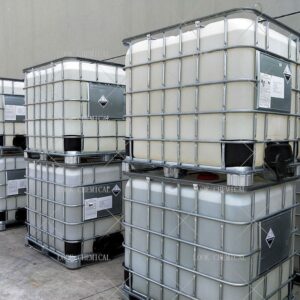
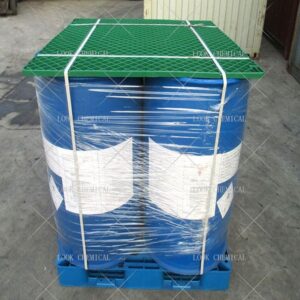
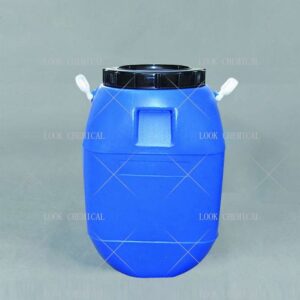
Related References:
chemicalbook-Dimer Acid
Dimer Acid Manufacturer
Contact Us
As an experienced Dimer Acid manufacturer and supplier, Look Chemical is committed to producing and selling high quality products.
We cooperate and trade with 6000+ factories around the world, and our high-quality products and excellent services make us enjoy a high reputation internationally.
As Dimer Acid CAS 61788-89-4supplier, Look Chemical provides supply chain solutions to partners and customers in a wide range of industries. We offer competitive pricing and quality products.
If you have a demand for this product, please contact our company’s sales staff, we will provide you with a solution in the shortest time.
Transport proposal

1. For products ≤50kg, we recommend using express delivery, which is usually called DDU service (discounted, convenient).
2. For products ≤500kg, we generally recommend air freight, which is usually called FOB, CFR or CIF service (fast and efficient).
3. For products >500kg, we generally recommend shipping by sea, which is usually called FOB, CFR or CIF service (economical, safe).
4. For high-value products, please choose air or express to ensure the safety of product transportation.
Shandong Lookchemical service:
* Timely reply and 24 hours online, the professional team will provide you with the most favorable prices and high-quality products.
* The sample supports testing and inspection.
* Each batch of products will be tested to ensure that its quality meets user needs.
*Packaging can also be made according to customer requirements.
*Any inquiries will be answered by our relevant personnel within 24 hours.
*We will provide you with commercial invoice, packing list, packing list, COA, health certificate and certificate of origin if you need it. If your market has other special requirements, please let us know.
*We will monitor the logistics information in real time and will share the information with you.
* You can consult us at any time if you have any questions about the product, and we will answer you in time.
*If you have any questions about the product, you can report it to us, we will deal with it in time for you, and the product can be returned.
Contact Us
Frequently Asked Questions(FAQ):
We will make samples before mass production, and after sample approved, we’ll begin mass production. Doing 100% inspection during production, then do random inspection before packing.
Our MOQ is 1kg. But usually we accept less quantity such as 100g on the condition that sample charge is 100% paid.
Yes. We’ll give you product analysis report before shipping.
Different quantity has different discount.
Yes. Welcome to visit.
You can get free samples for some products,you only need to pay the shipping cost or arrange a courier to us and take the samples. You can send us your product specifications and requests,we will manufacture the products according to your requests.

